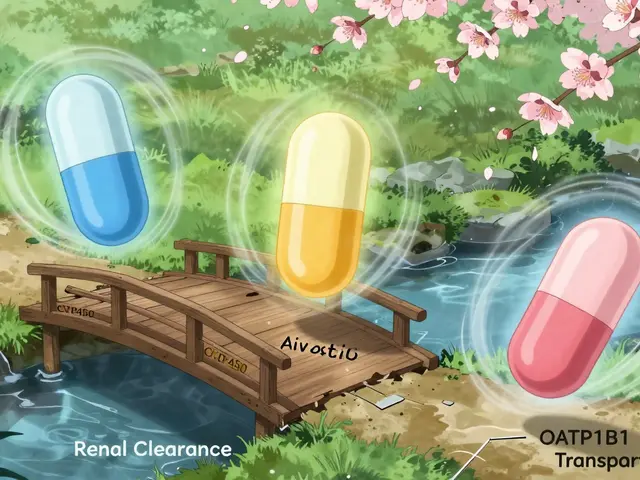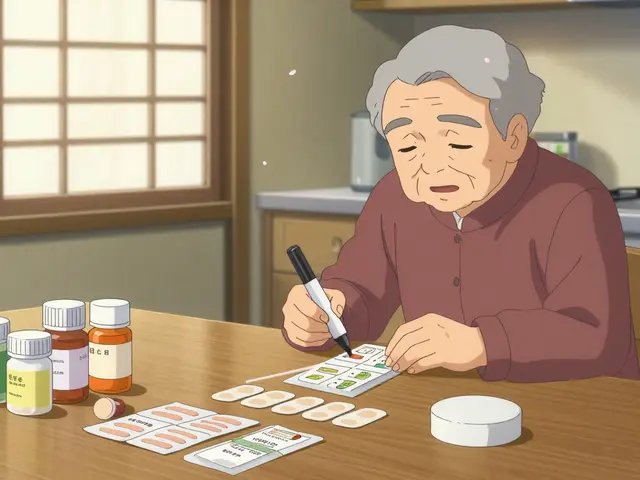Alcohol Dependence: Signs, Risks, and What Helps
When someone has alcohol dependence, a chronic condition where the body craves alcohol and struggles to function without it. Also known as alcohol use disorder, it’s not about willpower—it’s about brain chemistry changing over time. People don’t wake up one day and decide they’re addicted. It creeps in: a drink after work becomes two, then three. Weekend binges turn into daily rituals. The body adapts. Tolerance builds. And soon, not drinking means shaking hands, nausea, or worse.
Withdrawal isn’t just feeling bad—it’s dangerous. withdrawal symptoms, the physical and mental reactions when someone stops drinking after long-term use. Also known as alcohol withdrawal syndrome, it can include seizures, hallucinations, and extreme confusion. That’s why quitting cold turkey without medical help can be life-threatening. Treatment isn’t one-size-fits-all. Some need inpatient detox. Others benefit from outpatient counseling and medication like naltrexone or acamprosate. treatment options, the medical and behavioral approaches used to help people recover from alcohol dependence. Also known as alcohol addiction therapies, they range from therapy to support groups like Alcoholics Anonymous. Recovery isn’t linear. Relapse happens. But it doesn’t mean failure—it means the plan needs adjusting.
What you’ll find here aren’t generic articles. These are real, practical guides from people who’ve been there. You’ll read about how certain medications help manage cravings, what side effects to watch for, how tolerance develops with long-term use, and how other health conditions like liver disease or depression play into the picture. There’s no fluff—just clear info on what works, what doesn’t, and what to expect when you’re trying to break free.
How Alcohol Dependence Syndrome Links to Eating Disorders
Explore why alcohol dependence often co‑exists with eating disorders, covering shared risk factors, screening methods, and integrated treatment strategies in plain language.






